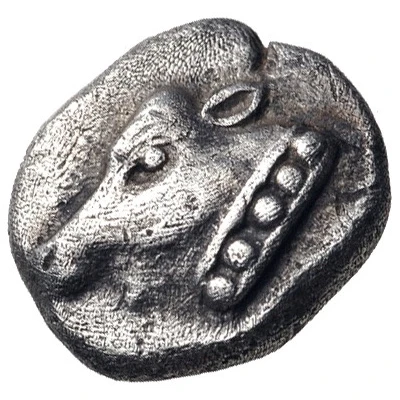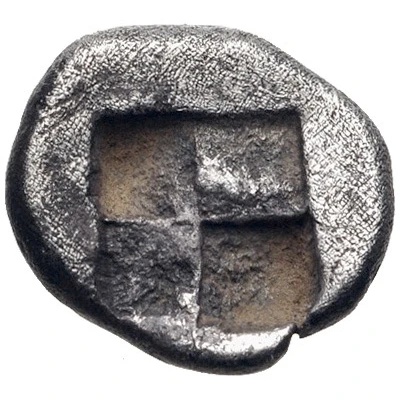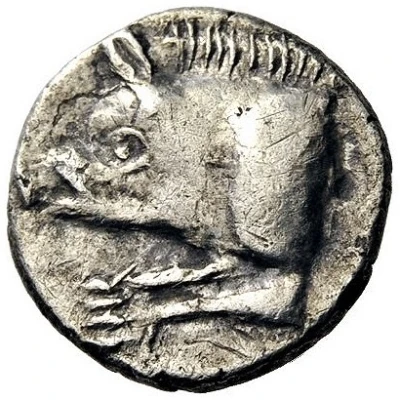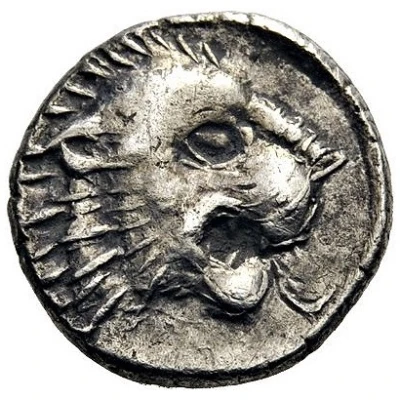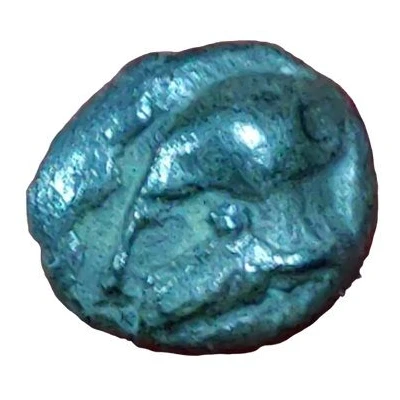
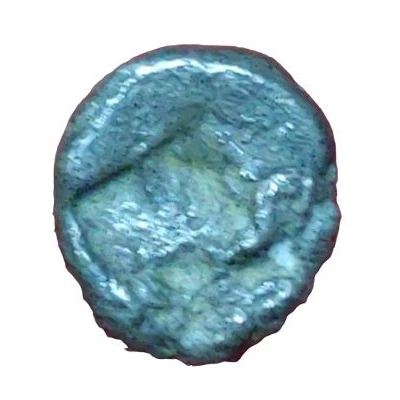

© PA-Engineer (CC0)
Obol 480 BC - 450 BC
| Silver | 0.7 g | 9 mm |
| Issuer | Uncertain Ionian city |
|---|---|
| Type | Standard circulation coin |
| Years | 480 BC - 450 BC |
| Value | Obol (⅙) |
| Currency | Drachm |
| Composition | Silver |
| Weight | 0.7 g |
| Diameter | 9 mm |
| Shape | Round (irregular) |
| Technique | Hammered, Incuse |
| Orientation | Variable alignment ↺ |
| Demonetized | Yes |
| Updated | 2024-10-10 |
| Numista | N#385750 |
|---|---|
| Rarity index | 97% |
Reverse
Quadripartite incuse square
Comment
SNG Kayhan 743; SNG Arikantürk 664-5Some put this in Skione, Macedonia. https://www.acsearch.info/search.html?id=11530583
Some put this in Neandria, Troas. https://www.acsearch.info/search.html?id=10976448
Others choose the general category of Uncertain mint assuming the previous locations are just "find sites."
Interesting fact
The Obol coin from an Uncertain Ionian city, minted between 480 BC and 450 BC, is interesting because it features a unique combination of elements on its obverse side. The coin bears the image of a lion's head, which was a common motif in ancient Greek coinage, but it is also adorned with a distinctive symbol of a dolphin, which was not commonly found on coins of that era. This combination of a lion and a dolphin may suggest a connection to the mythological story of the dolphin-riding hero, Arion, who was said to have been saved by a dolphin after being thrown overboard during a sea voyage. This intriguing design choice adds to the coin's historical and cultural significance, making it a fascinating piece for collectors and historians to study.
